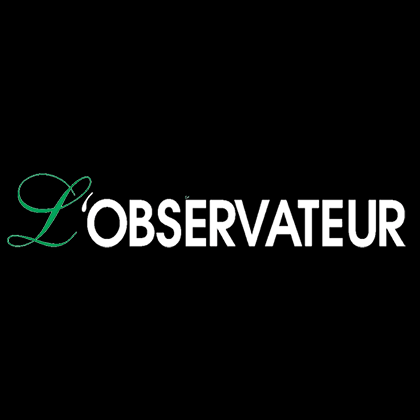Louisiana faces lawsuit over ban on air pollution monitoring by community groups
Published 4:11 pm Thursday, May 22, 2025

- A large fire and billowing smoke is seen at the Marathon Petroleum Garyville facility. Photo by Wilfred Robert.
|
Getting your Trinity Audio player ready...
|
A coalition of environmental and community groups filed a federal lawsuit Monday against a newly enacted Louisiana law that limits residents’ use of independent air pollution monitors to inform the public or advocate for environmental action.
The lawsuit, filed in U.S. District Court for the Middle District of Louisiana, targets the Louisiana Community Air Monitoring Reliability Act, or CAMRA. It was brought by the Environmental Integrity Project and Public Citizen Litigation Group on behalf of RISE St. James, Claiborne Avenue Alliance Design Studio, The Concerned Citizens of St. John, The Descendants Project, Micah 6:8 Mission, and JOIN for Clean Air.
Gov. Jeff Landry signed the law on May 23. It imposes penalties of $32,500 daily and up to $1 million for intentional violations against community groups sharing data from low-cost air monitors. These monitors frequently detect hazardous chemicals like ethylene oxide, a known carcinogen, and delicate particulate matter.
Trending
Supporters of the lawsuit contend that the law violates First Amendment rights and imposes an undue burden on residents in heavily industrialized areas like the River Parishes, often referred to as “Cancer Alley.”
“Our legislature and officials should do everything in their power to stop industry from polluting our air in the first place,” said Dr. Joy Banner, co-founder of The Descendants Project. “To attack our First Amendment rights instead is arcane, illegal, and dangerous.”
The CAMRA law permits only data from costly, EPA-certified monitors, some priced at tens or hundreds of thousands of dollars, to be used publicly or in regulatory complaints. In contrast, the lower-cost monitors frequently employed by community groups often cost just a few hundred dollars. Federal grants fund these monitors under the 2022 Inflation Reduction Act, which allocated $81 million for community air monitoring.
Cynthia Robertson, executive director of Micah 6:8 Mission in Sulphur, said the law would prevent her group from publicly sharing data they collect with EPA-funded and commercial monitors.
“This law is an attack on truth and on our community’s right to protect itself,” Robertson said. “We use both EPA-funded equipment and other monitors to track pollution levels in real time—tools that have helped us uncover serious threats never disclosed to the public. Now, Louisiana wants to silence us for doing what the state refuses to do—tell people what’s in the air they breathe. We won’t stop fighting for our community’s right to know.”
Micah 6:8 Mission previously used its monitors to detect nitrogen oxides and delicate particulate matter near the Westlake chemical plant complex. Data collected showed that air quality in the area was unhealthy on more than two-thirds of the days monitored. The group had shared these findings publicly until the CAMRA law took effect.
Trending
Other groups have also paused public sharing of their monitoring data due to the threat of steep financial penalties.
Peter DeCarlo, associate professor of environmental health and engineering at Johns Hopkins University, said the law could prevent scientists from disclosing key findings about public health.
“Measurement technology continues to improve, and the cutting-edge instruments used by scientific researchers offer faster, more accurate, and more sensitive measurements of chemicals in the air we breathe,” DeCarlo said. “Limiting the use and sharing of data generated by these advanced measurements ignores scientific advancements and limits the protection of community health.”
According to the lawsuit, CAMRA’s stated purpose to ensure “accurate” air monitoring data instead suppresses legitimate information, blocking communities from learning about pollution sources in their neighborhoods.
“Community air monitoring is a critically important tool for detecting air pollution levels in communities in Louisiana that have too often been neglected,” said Nandan Joshi, an attorney with Public Citizen Litigation Group. “The state should be supporting community groups that are helping protect the health of Louisianians by monitoring air pollution, rather than suppressing their speech and threatening them with sanctions.”
The case marks the latest clash over environmental policy in Louisiana, where industrial development often conflicts with public health concerns in vulnerable communities.






